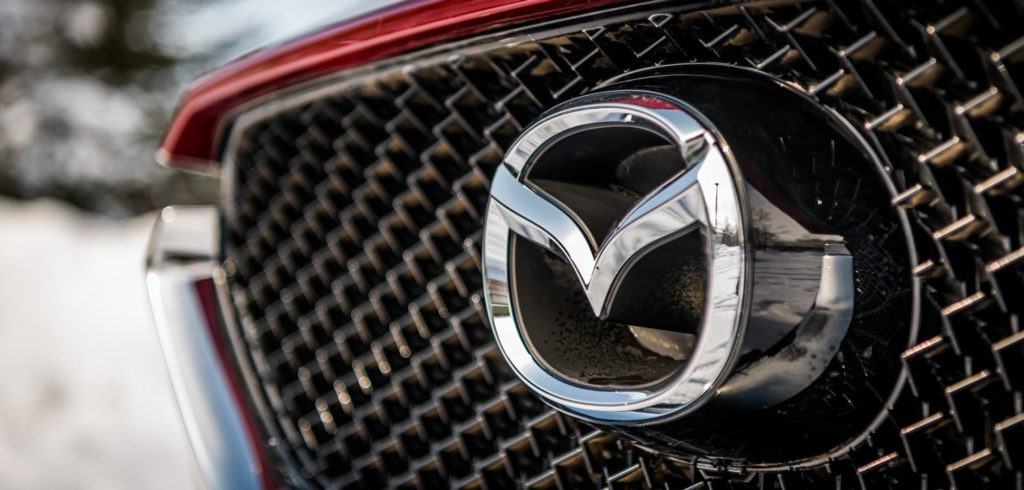Mazda is backing two research projects in Japan to promote the widespread adoption of biofuels from microalgae growth. It is hoped that the ongoing industry-academia-government collaboration will aid the OEM’s Sustainable Zoom-Zoom 2030 development program.
With the auto maker expecting that ICEs combined with some form of electrification will account for around 95% of the vehicles it produces in 2030, Mazda considers a renewable liquid fuel essential to drastic CO₂ reduction. And when burned, algae biofuel only releases CO₂ recently removed from the atmosphere via photosynthesis.
According to Mazda, microalgae biofuel has a number of other positive attributes: algae fuels can be farmed on land unsuitable for agriculture, can be grown with minimal impact on freshwater resources, can be produced using saline and wastewater, have a high flash point, and are biodegradable and relatively harmless to the environment if spilled.
The United States Department of Energy estimates that if algae fuel replaced all petroleum fuel in the USA, its growth would require an area equivalent to just 0.42% of the American land mass.
For Mazda to achieve widespread availability of algae biofuels in the future, improvements need to be made in productivity and cost reduction. To that end, Mazda is lending technical support to research into genome editing by Hiroshima University and to the study of plant physiology by the Tokyo Institute of Technology.


